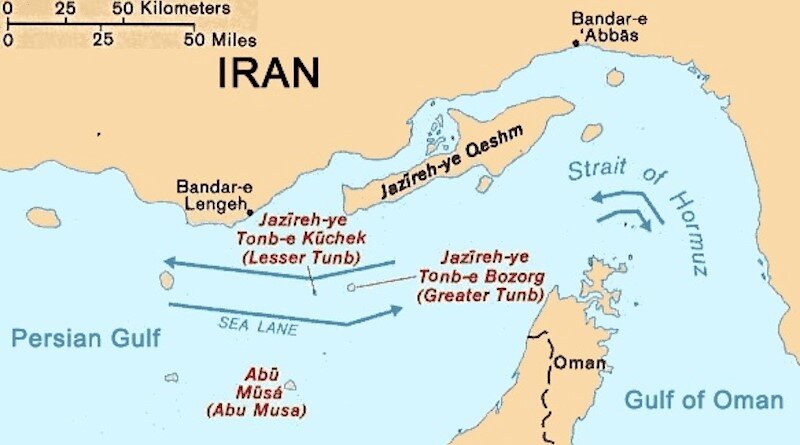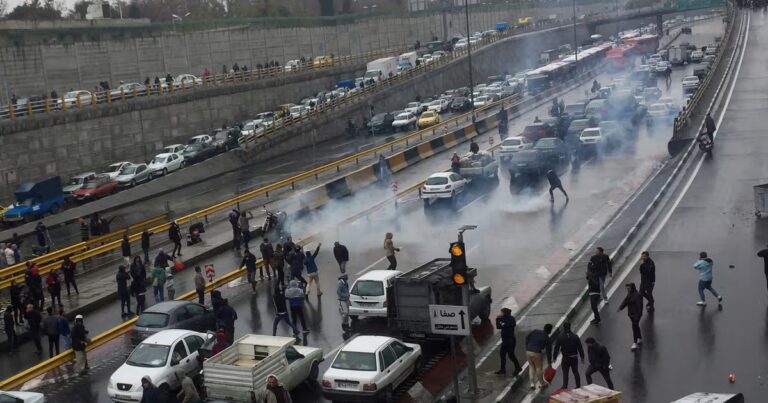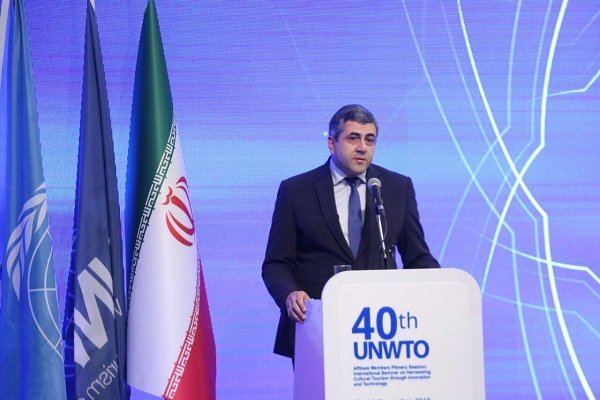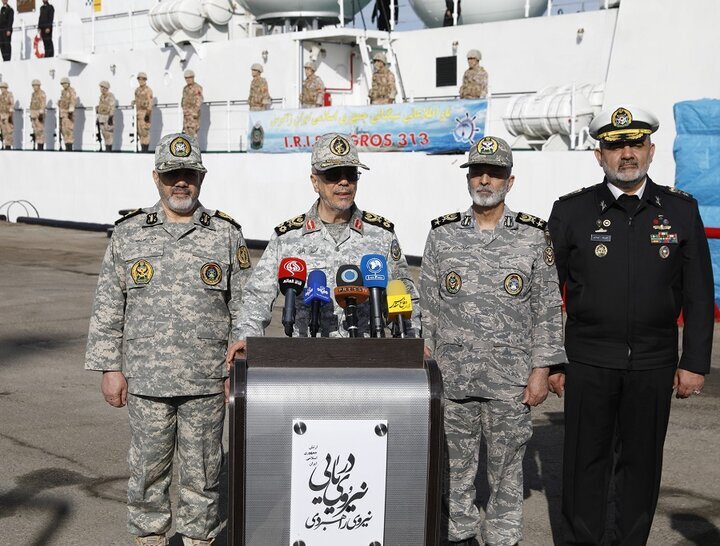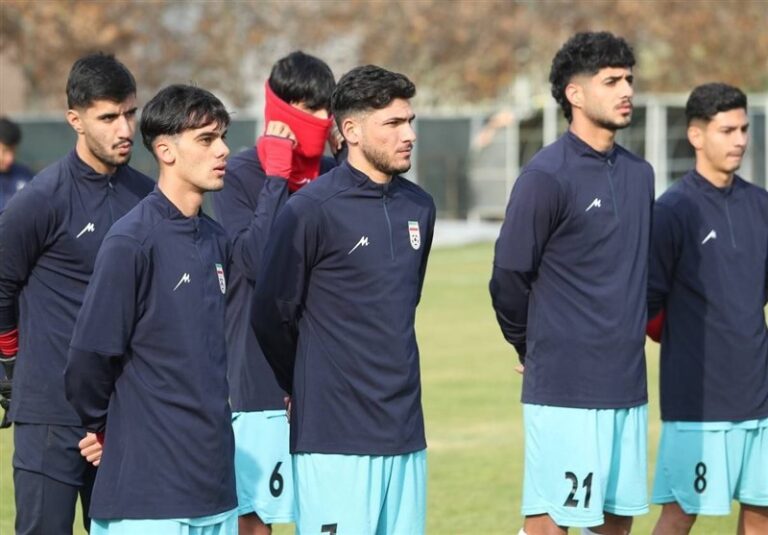Iran Asserts Unconditional Sovereignty Over Key Persian Gulf Islands: A Strategic Stance
The recent developments regarding the Persian Gulf Cooperation Council (PGCC) have sparked significant diplomatic responses, particularly from Iran. In a formal communication addressed to the President of the Security Council, Iran’s Ambassador and Permanent Representative to the United Nations, Amir-Sa’eed Iravani, has firmly rejected allegations of interference in Iranian sovereignty over the islands of Abu Musa, Greater Tunb, and Lesser Tunb. This stance emphasizes Iran’s commitment to international law and the principles outlined in the UN Charter.
In his letter, Ambassador Iravani articulated strong objections to claims made in the final statement of the 163rd meeting of the PGCC foreign ministers, which he argues violate Iran’s sovereignty and international legal norms. Below is a detailed overview of the key points from Iravani’s letter:
-
Rejection of Interference Claims:
The ambassador described passages 41 to 45 of the PGCC statement as clear and unacceptable interference in Iran’s internal affairs, labeling these assertions as a blatant violation of international law. He stated, “These baseless claims are firmly rejected, and the Islamic Republic of Iran strongly condemns and denounces them in their entirety.” Furthermore, he reaffirmed Iran’s full sovereignty over the islands of Abu Musa, Greater Tunb, and Lesser Tunb.
-
Historical Naming of the Persian Gulf:
In addressing the PGCC’s reference to a “falsified name” for the Persian Gulf, Iravani emphasized that the term “Persian Gulf” is the only historically and legally recognized designation for the body of water between Iran and the Arabian Peninsula. He insisted that “this designation has been consistently used throughout recorded history and must be respected.”
-
Commitment to International Law:
Iravani highlighted that Iran’s foreign policy is rooted in the principles of international law, particularly those governing friendly relations and cooperation among states. He stated, “The Islamic Republic of Iran has consistently pursued a policy of friendship and good neighborliness with all its Persian Gulf neighbors.” This policy promotes mutual respect, constructive cooperation, and dialogue, reinforcing Iran’s dedication to regional peace and security.
-
Clarification on Nuclear Program:
The ambassador addressed references made to Iran’s nuclear program and defensive capabilities, deeming them unfounded and irrelevant. He reiterated Iran’s commitment to the Treaty on the Non-Proliferation of Nuclear Weapons (NPT), asserting that all nuclear activities are strictly for peaceful purposes, in accordance with Iran’s rights under the treaty.
In closing, Ambassador Iravani requested that his letter be circulated as an official document of the Security Council, underscoring the importance of these issues in the context of international diplomacy.
This diplomatic exchange illustrates the ongoing tensions in the Persian Gulf region, particularly concerning sovereignty claims and regional cooperation. As the situation develops, it remains crucial for all involved parties to engage in constructive dialogue and seek peaceful resolutions to these disputes.
Iran’s firm stance on its sovereignty and commitment to international law presents a clear message to its neighbors and the international community. The emphasis on historical accuracy and respect for established international norms reflects Iran’s desire to maintain its territorial integrity while fostering peaceful relations with other nations in the region.
As this situation continues to evolve, stakeholders in the Persian Gulf region, including Iran, must navigate these complex diplomatic waters carefully. The focus on dialogue and mutual respect will be essential in maintaining stability and peace in this geopolitically significant area.
In summary, the recent statements by Iran’s ambassador to the UN highlight the critical nature of international law and diplomacy in addressing sovereignty issues and regional tensions. The call for respect for historical designations and the commitment to peaceful nuclear activities are vital components of Iran’s broader foreign policy framework, aimed at fostering stability and cooperation in the Persian Gulf.
